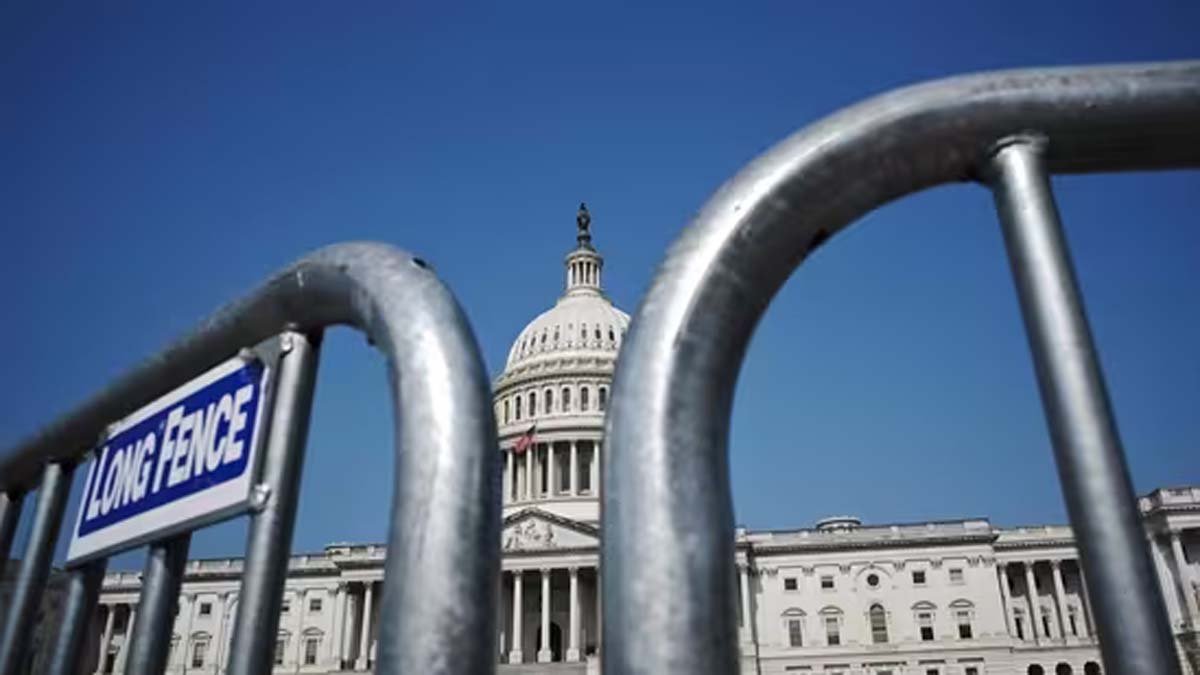Debt Ceiling: With the looming debt ceiling issue in the United States, investors are facing the challenging task of assessing their stock portfolios amidst uncertainties surrounding government spending. The prevailing ambiguity and lack of clarity make it crucial for investors to carefully consider specific stocks that may encounter significant challenges. In light of the ongoing uncertainties, this article highlights three stocks that investors should consider selling.
The current situation presents investors with a complex decision-making process. They must weigh the likelihood of successful last-minute negotiations by lawmakers to raise the borrowing limit, as previously witnessed, against the possibility of a default on financial obligations. The potential catastrophic consequences of a default are difficult for investors to fully grasp and factor into stock prices.
Adding to the complexity is the uncertainty surrounding the X-date, which refers to the precise day the government will deplete its cash reserves. This timeline uncertainty further complicates investment decisions, requiring investors to meticulously analyze potential risks and assess the potential impact on individual stocks.
In light of these circumstances, it is prudent for investors to consider selling certain stocks that may be particularly vulnerable in the face of debt ceiling uncertainties.
3 Stocks to Sell as Debt Ceiling Looms
- Franklin Resources (BEN): Franklin Resources, operating under Franklin Templeton Investments, is a global investment firm managing assets worth $1.5 trillion. The company earns revenue through fees tied to the assets it oversees, known as assets under management (AUM). While Franklin Resources has traditionally outperformed the S&P 500, analysts express skepticism about its ability to maintain this lead. The growing preference for indexed investments over traditional stock picking poses challenges for mutual fund providers like Franklin Resources, raising concerns about potential outflows.
- Clorox (CLX): Clorox, a consumer staples giant, experienced a surge in sales during the pandemic due to increased demand for cleansing products. However, as the effects of the pandemic subside, Clorox faces pressure on sales and margins due to inflation. Sequential declines in revenue over multiple quarters indicate the company’s struggle to maintain its former glory. Investors should take note of the challenges Clorox faces and consider selling this stock.
- Consolidated Edison (ED): Consolidated Edison, a utility company serving New York City and Westchester County, has a history dating back to 1823. While the company consistently falls behind the broader market in terms of performance, it stands out as an exceptional dividend stock. Consolidated Edison has increased its dividend for 49 consecutive years, earning it the esteemed status of a Dividend Aristocrat. However, its strategic decisions and market volatility surrounding fossil fuel pose challenges, making it a stock that may not set the markets on fire.
Read Also: Best Crypto to Buy Now May 2023
In conclusion, the impending debt ceiling and the potential for a government default present significant challenges for investors. Evaluating stock holdings, comprehending the potential consequences, and taking prudent actions amidst this uncertainty is vital for successfully navigating the current market landscape.

